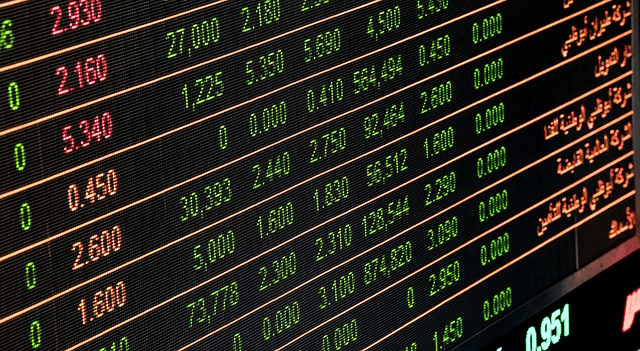European Equities Fall Slightly
European equities fell slightly on Monday after Friday’s biggest decline since mid-December. The drop was due to investors assessing the impact of Silicon Valley Bank’s collapse and preparing for the US inflation data release. The Stoxx Europe 600 Index (STOXX:SSXP) dropped by 0.5% in London, with banking stocks retreating by 0.9%. However, US equity futures rose while the dollar declined after regulators reassured investors and pledged to fully repay depositors of Silicon Valley Bank.
Goldman Sachs predicts no US interest rate hike
The chance of an aggressive interest rate hike in the US is diminishing due to the spreading Silicon Valley Bank crisis. The crisis has reduced interest rate forecasts by both the markets and analysts. In a bold forecast, Goldman Sachs (NYSE:GS) analysts claim that the US central bank will not raise interest rates at all in their next meeting. However, the markets expect a 0.25% interest rate hike on March 22. Goldman’s senior analyst, Jan Tzius, wrote that they do not expect the Federal Bank’s Open Market Committee to raise the interest rate due to the banking system’s pressure.[1]
US to Stabilize Banking System
US regulators are taking action to stabilize the banking system following Silicon Valley Bank’s collapse. They announced emergency funding measures and shut down a second financial institution to avoid spillovers and reassure customers. The Federal Reserve unveiled a new lending facility aimed at providing extra funding to eligible institutions. The facility will ensure that all depositors’ needs are met, and the Fed said it was ready to address any liquidity pressures that may arise. The US Treasury secretary, the Fed chair, and the Federal Deposit Insurance Corporation’s Martin Gruenberg are among the regulators involved in this effort.[2]
Falling Oil Prices Boost Economic Growth
The recent drop in oil and natural-gas prices has been a boon for economic growth, as it puts more money in consumers’ hands, raises confidence, and reduces pressure on government budgets. This is a reversal from a year ago, when fears of a deep recession gripped Europe and beyond due to Russia’s invasion of Ukraine. Economists attribute the unexpected strength in the US and European economies to falling energy prices. Analysts predict that the energy stimulus could increase eurozone output by approximately 1.5%, equivalent to a year’s growth, according to Capital Economics and Berenberg Bank. [3]
South Korea and US Military Exercises
South Korea and America started their most significant joint military exercises in five years. The drills will include field training and a computer simulation. North Korea fired two cruise missiles from a submarine off its east coast in anticipation. Last week, North Korea’s dictator ordered his troops to prepare for combat against enemies’ “frantic war preparation moves.”
High Inflation Puts Pressure on India
High inflation is putting pressure on the Reserve Bank of India. Even after a prolonged tightening cycle, prices rose by 6.5% year-on-year in January, higher than the central bank’s upper bound of 6%. However, inflation has exceeded this limit for most of the past year. Inflation data to be released on Monday is expected to show that the target was breached in February, with forecasters predicting an inflation rate of 6.3%. A significant factor is rising food prices, which account for more than half of India’s consumer-price index.[4]
China to Produce Half of Global Cobalt Output
China’s share of cobalt production is expected to reach half of global output in the next two years. A UK-based cobalt trader, Darton Commodities, published a report projecting this increase despite western efforts to control supply chains for critical minerals such as cobalt, lithium, and nickel. Refining activity in China reached 140,000 tonnes in 2022, more than double the level five years ago, while volumes processed in the rest of the world stagnated at the 40,000 tonnes mark, handing Asia’s largest economy a 77% global share of refining capacity.[5]
Concerns over Japanese Anti-Takeover Defense Rules
Investors are concerned that the Japanese government’s planned revision to rules on anti-takeover defence will provide companies with covert protection against hostile domestic bids, foreign buyers, and shareholder activists. The Fair Acquisition Study Group set up to discuss the new rules appears to be against shareholders’ interests. The group is inviting public comments until this week, and investors are preparing their comments with urgency and deep concern. The group’s members and advisers traditionally thwart activists and hostile takeovers, and the fear is that these people are shaping the rules.[6]
